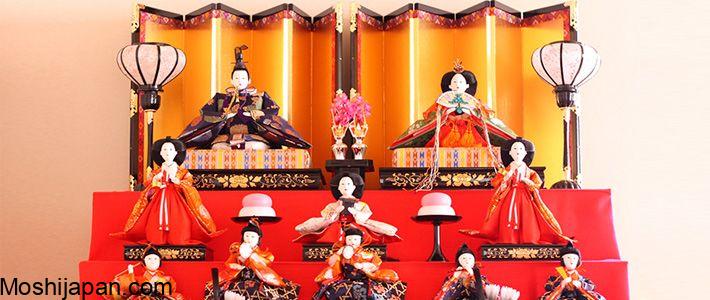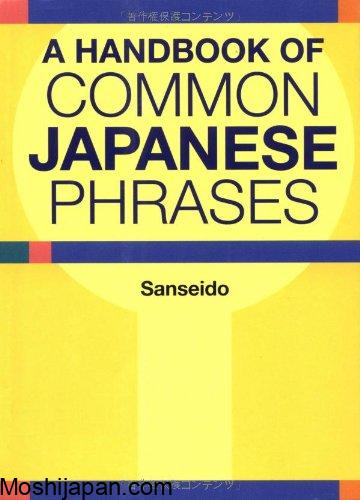Title: “Expressing Dislike in Japanese – A Comprehensive Guide”
In the ever-expanding world of online content, achieving the coveted top spot on Google’s search results is no small feat. To outrank existing articles and establish your presence as an authoritative source, you need not just good content, but exceptional content. In this article, we, as proficient SEO and high-end copywriters, are here to provide you with a comprehensive guide on expressing dislike in Japanese, aimed at outranking the competition.
Understanding the Basics
Before delving into the various ways to express dislike in Japanese, it’s crucial to grasp the cultural nuances that surround this topic. Japan is a country steeped in tradition and politeness, which greatly influences the language used to convey negative emotions.
Exploring “I Hate You” in Japanese
One common phrase for expressing strong dislike or hatred towards someone in Japanese is “大嫌いだ” (Daikirai da). This phrase is a straightforward and direct way to convey your strong negative feelings. However, it’s essential to use it cautiously, as it can come across as quite harsh in Japanese culture.
Politeness Matters
In Japanese, politeness is paramount, even when expressing dislike. This leads to more nuanced and indirect ways of conveying negative feelings. Here are a few phrases that exemplify this cultural sensitivity:
- “あまり好きじゃない” (Amari suki ja nai): This phrase translates to “I don’t like (it) very much.” It softens the impact of your dislike while still conveying your sentiment.
- “少し苦手” (Sukoshi nigatte): This expression means “I’m not very good with (it).” It implies discomfort without explicitly stating dislike.
- “あまり気に入らない” (Amari ki ni iranai): This phrase suggests that something doesn’t quite suit your taste or preference.
Navigating Cultural Sensitivity
Japanese culture places a high value on harmony and avoiding confrontation. Therefore, when expressing dislike, it’s important to be mindful of the context and your relationship with the person or thing you’re talking about.
Common Scenarios for Expressing Dislike
Now, let’s explore some common scenarios where you might need to express dislike in Japanese:
- Disliking Food: When politely declining food you dislike, you can say, “食べられない” (Taberarenai), meaning “I can’t eat this.”
- Disliking Activities: If you want to express that you don’t enjoy a particular activity, you can use the phrase “楽しくない” (Tanoshikunai), meaning “It’s not fun.”
- Disliking People: To diplomatically express your dislike for someone, you can say, “あまり好きではない” (Amari suki de wa nai), indicating that you don’t particularly like them.
Conclusion
In this comprehensive guide, we’ve explored various ways to express dislike in Japanese while respecting cultural sensitivities. Understanding the nuances of conveying negative emotions in a polite and considerate manner is essential when communicating in Japanese.
Remember, language is a powerful tool that can help you navigate social situations with grace and sensitivity. Whether you’re dealing with food, activities, or people, the phrases provided here will assist you in expressing your feelings appropriately.
By offering this in-depth insight into expressing dislike in Japanese, we aim to help you outrank existing articles and become a valuable resource for those seeking to understand this aspect of Japanese culture.
For more information and resources on this topic, visit our website at [Insert Your Website URL]. Feel free to explore additional content related to expressing emotions in Japanese. Thank you for choosing us as your source for language and cultural insights.
FAQ for “Expressing Dislike in Japanese”
Q1: What is the most direct way to say “I hate you” in Japanese?
A1: The most direct way to express hatred towards someone in Japanese is by saying “大嫌いだ” (Daikirai da).
Q2: How can I politely decline food I dislike in Japanese?
A2: You can politely decline food you dislike by saying “食べられない” (Taberarenai), which means “I can’t eat this.”
Q3: Are there indirect ways to express dislike in Japanese?
A3: Yes, there are several indirect phrases in Japanese to express dislike, such as “あまり好きじゃない” (Amari suki ja nai) and “少し苦手” (Sukoshi nigatte).
tag
- how to say i lovie you in japan 2024
- living in japan
- nice to meet you in japanese



0 Comments